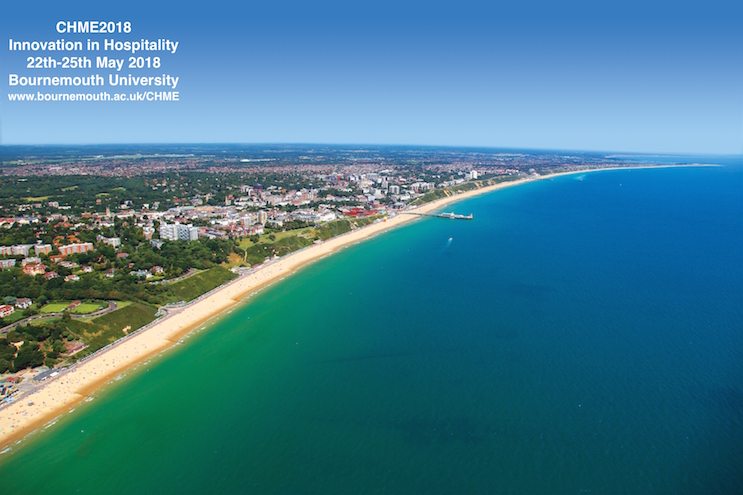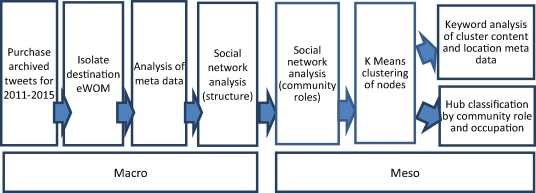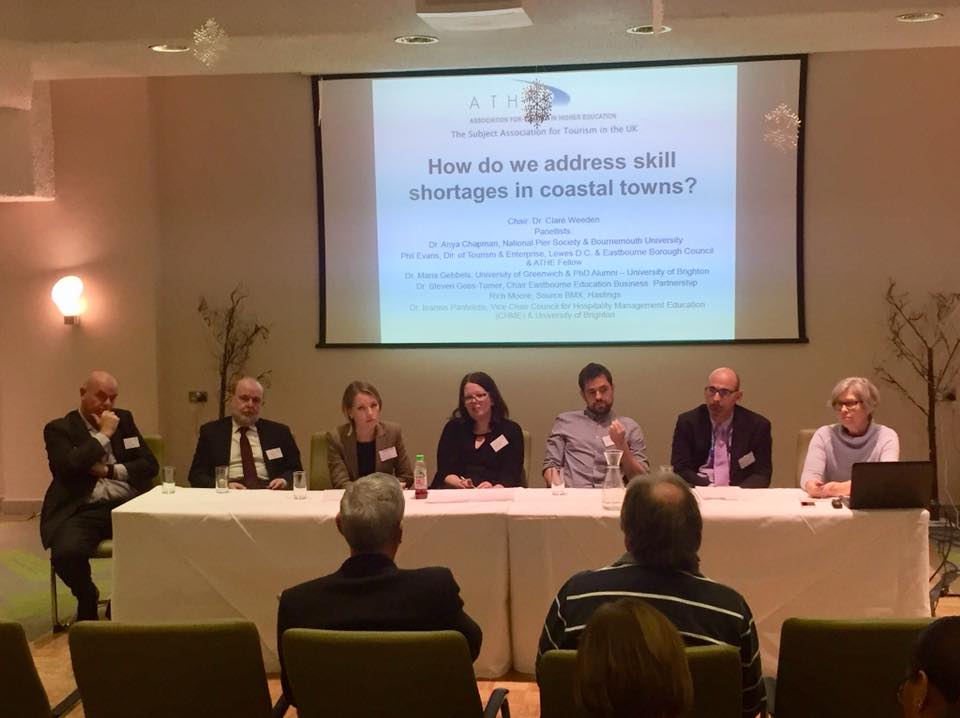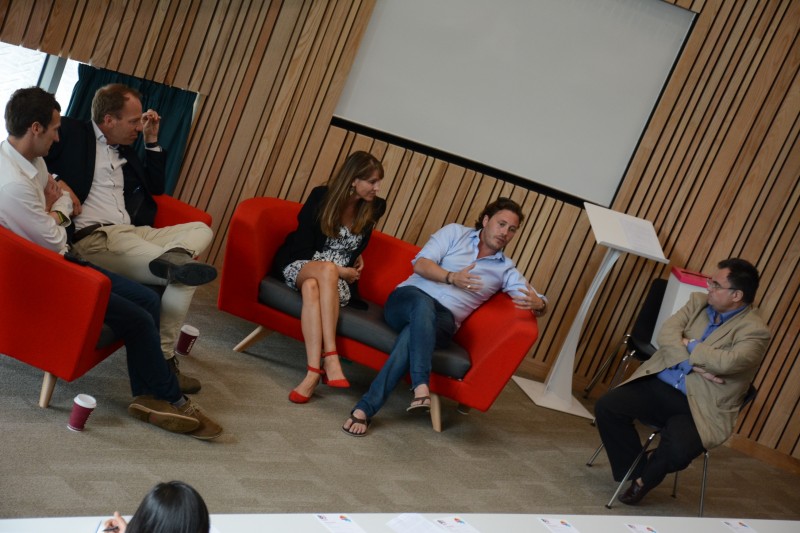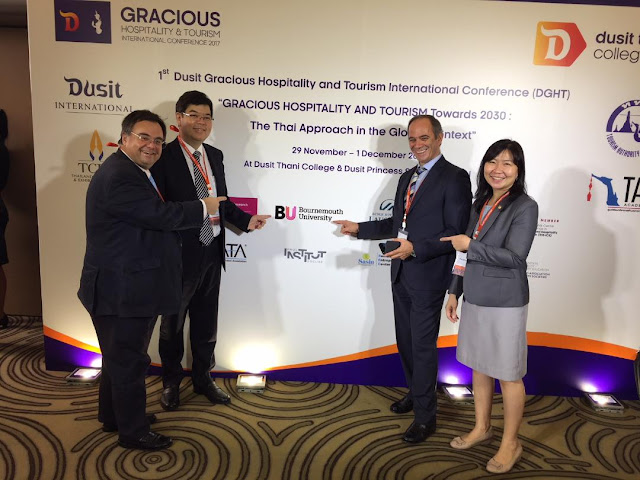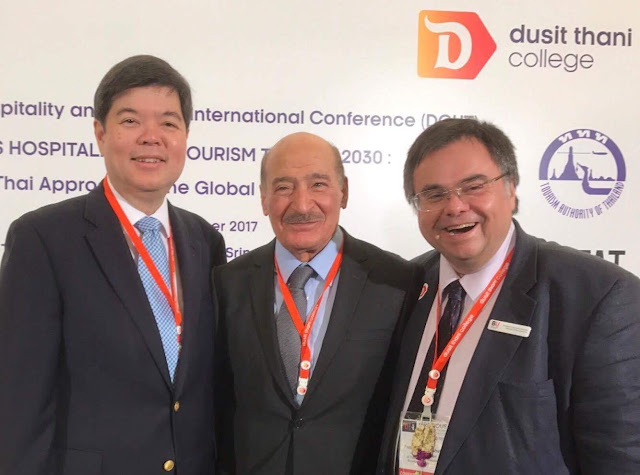CHME 2018 Research Conference @ Bournemouth University 22–25 May 2018
www.bournemouth.ac.uk/CHME
Provisional programme https://www1.bournemouth.ac.uk/sites/default/files/asset/document/CHME2018Programme.pdf
CHME2018 Call for Papers Innovation in hospitality
CHME2018 Undergraduate and Master’s student research conference
CHME2018 PhD workshop
Research Publication Retreat Meet the Editor and Publish high impact papers
Research publication retreat with Editors in Chief
Deadline for submissions Friday 26 January 2018
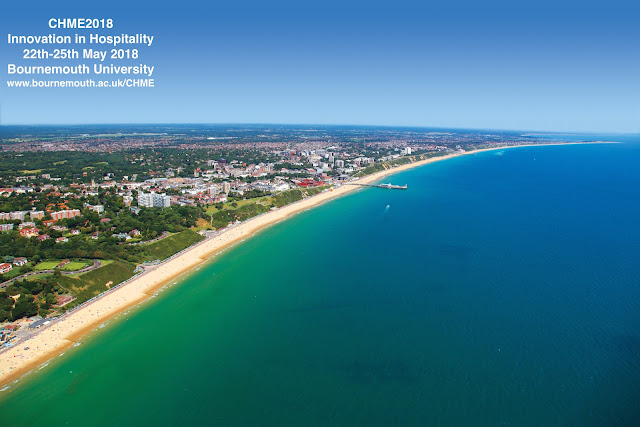
BU’s Department of Tourism & Hospitality will be hosting the CHME 2018 Annual Research Conference next May. The conference will be a showcase for research in innovative hospitality. The four thematic streams of the conference will be unchanged, but we are also introducing new streams of ‘research on technology and innovation’ and ‘today’s and tomorrow’s consumers’. The main theme – ‘Innovation in hospitality: connecting all stakeholders to deliver memorable experiences’ – embraces the multifaceted changes driven by dynamic political, economic, social and technological forces surrounding hospitality, which affect both academia and industry.
JOURNALS SUPPORTING Meet the Editor and Publication session
Tourism Review Special Issue
Journal of Hospitality and Tourism Technology (JHTT). Special Issue
Inviting good papers :
International Journal of Contemporary Hospitality Management
Cornell Hospitality Quarterly
Hospitality and Society
Service Industries Journal
Journal of Tourism and Hospitality Research
Journal of Quality Assurance in Hospitality and Tourism
CONFIRMED INVITED SPEAKERS
Professor Levent Altinay is Professor of Strategy and Entrepreneurship and Research Area Leader for Oxford School of Hospitality Management UK
Professor Paul Barron Edinburgh Napier University, UK
Professor Cihan Cobanoglu, College of Hospitality and Tourism Leadership (CHTL) University of South Florida Sarasota-Manatee (USFSM), USA
Ufi Ibrahim Chief Executive of the British Hospitality Association, UK
Professor Ulrike Gretzel Annenberg School of Communication, University of Southern California USA
Professor Nigel Hemmington Dean Faculty of Culture and Society & Pro Vice-Chancellor International at Auckland University of Technology New Zealand
Richard Lewis, CEO of Powerhouse Developments Hotels Ltd
Professor Andrew Lockwood is the Forte Professor of Management in the School of Hospitality and Tourism Management, University of Surrey, UK
Dale MacPhee, GM Waldorf Astoria Edinburgh – The Caledonian, General Manager, Hilton Hotels
Tony Matharu is Managing Director of Grange Hotels, London
Professor Hilary Catherine Murphy Ecole Hoteliere de Lausanne, Switzerland
Professor Fevzi Okumus University of Central Florida’s Rosen College of Hospitality Management, USA
Professor Alexandros Paraskevas Chair in Hospitality Management, London Geller College of Hospitality and Tourism, University of West London, UK
Professor Paul Phillips is Professor of Strategic Management, University of Kent, UK
Professor Hanqin Qiu, School of Hotel & Tourism Management, The Hong Kong Polytechnic University, China
Professor Bruce Tracey Cornell University’s School of Hotel Administration, USA
Kevin Wood is the Head of European Operations for Oceana Hotels, Bournemouth, UK.
We look forward to welcoming you in Bournemouth with a vibrant academic and social programme at an inspiring conference.
Dr Hanaa Osman, CHME 2018 Conference Chair
Professor Dimitrios Buhalis, Host
